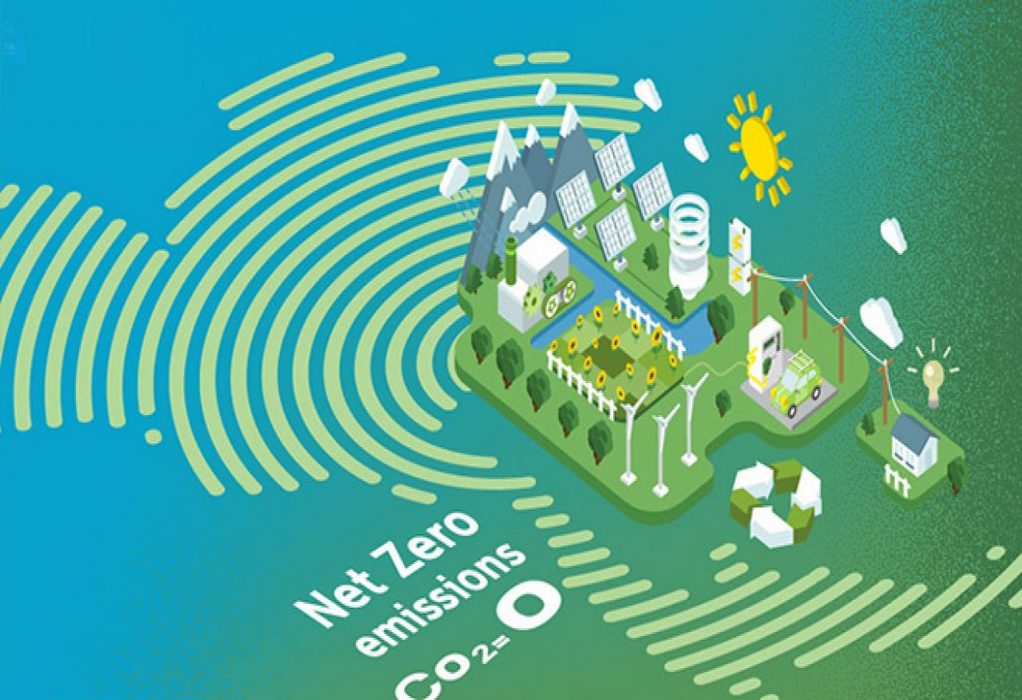NITI Aayog has set in motion the policy framework to steer India towards its aim of achieving a net-zero economy by 2070, marking a significant step three years after the commitment was made. To facilitate this transition, dedicated multi-sectoral committees have been established under the NITI Aayog’s guidance to develop a comprehensive transition plan. These committees are tasked with identifying key issues, charting pathways, and proposing policy actions across various dimensions of climate change.
In parallel, six specialized working groups have been formed to address critical aspects such as macroeconomic implications, climate finance, research and development of critical minerals, domestic manufacturing, supply chains, social considerations in energy transition, and sector-specific analyses covering transport, industry, buildings, agriculture, and power. These groups, comprising a diverse range of stakeholders, are working towards devising effective policy formats, models, and transition pathways tailored to each core sector. The outcomes of these collaborative efforts are expected to culminate in a consolidated report by the NITI Aayog, serving as a vital policy guide for central ministries in formulating climate-resilient and adaptive strategies aligned with India’s net-zero aspiration.
Tags: India, NetZero, Niti Aayog



Recent Posts
Polish Delegation and JKSH Group Explore Green Energy Project in Andhra Pradesh
bigbasket Expands EV Delivery Fleet to 50 Cities with Support from Kazam
Axpo Completes Spain’s First Ship-to-Ship Bio-LNG Bunkering for Container Vessel at Algeciras
BLG LOGISTICS and Liebherr Strengthen Sustainable Port Operations with Shore Power-Ready Crane in Bremerhaven
Beijing Maersk Enters Service as Latest Methanol-Powered Containership
Yinson GreenTech and C-Torq Deliver Marine Battery System for Hybrid Vessel in the Middle East
Singapore Tugboat Receives Biofuel-Ready Notation Following Retrofit
NYK Names Sixth Dual-Fuel LPG Carrier “Luna Pathfinder”